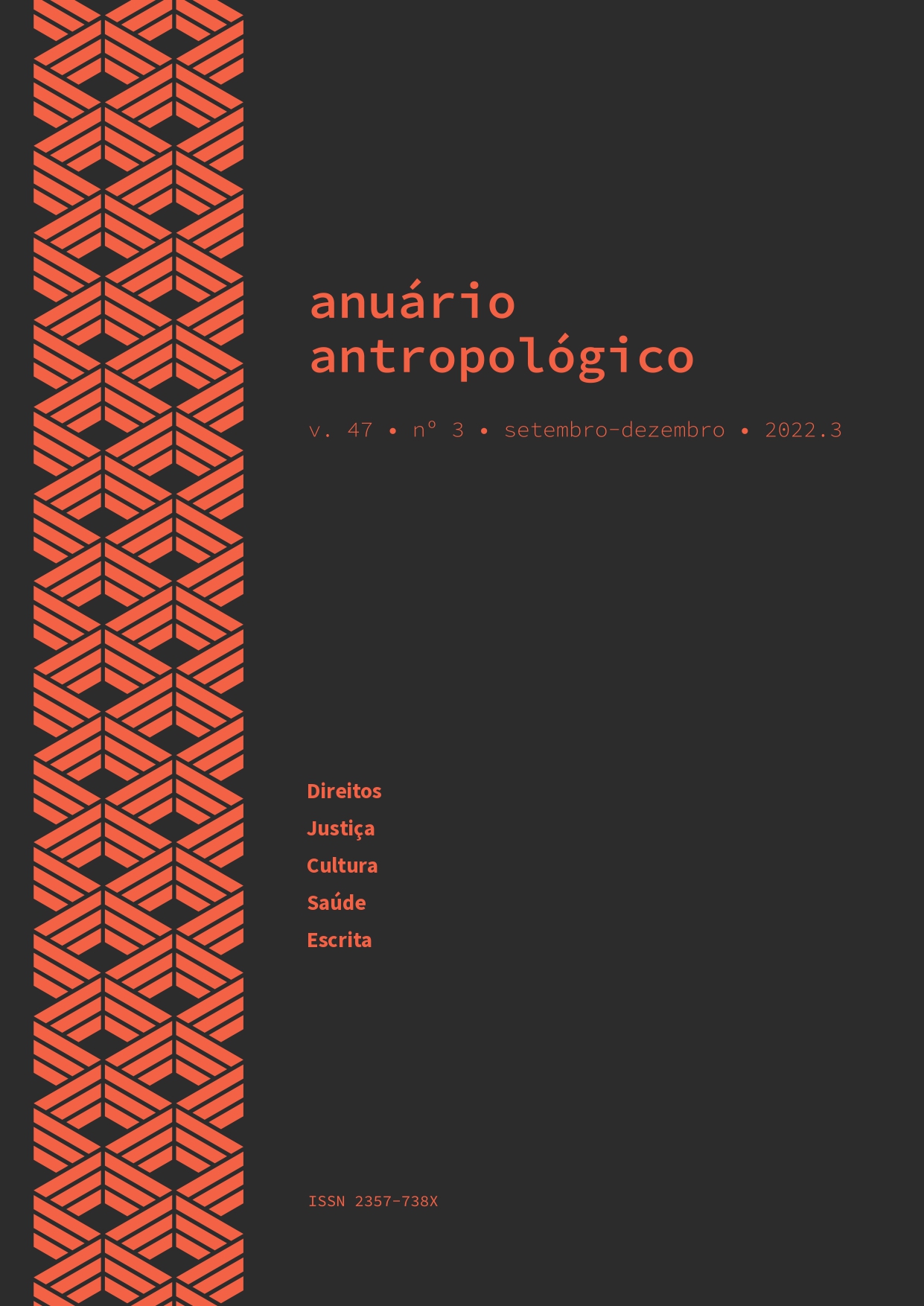The Overflowed Liberal Norm: A Brazilian Contribution to the Anthropology of Law, by Luís Roberto Cardoso de Oliveira
DOI:
https://doi.org/10.4000/aa.10159Keywords:
Luís Roberto Cardoso de Oliveira, replyAbstract
From an international perspective, the work of Professor Luís Roberto Cardoso de Oliveira is of first importance because of the object and the method. The text under discussion provides a synthetic view of his research which benefits the analysis of conflict management, the theme of the CAJU (Laboratory of Studies of Citizenship, Conflict Management and Justice) laboratory which he leads at the University of Brasilia, as well as of the vast network of InEAC (National Institute of Science and Technology of Comparative Studies in Conflict Management). These centers of research and collective learning demonstrate the strength of the anthropology of law developed in Brazil, that is widely open to other disciplines including, in addition to law, political and moral philosophy, political science and sociology. This anthropology does not only shed an outstanding light on the Brazilian situation; it also provides a general contribution to the anthropology of law, politics and morality from a comparative perspective covering North America, Europe and Brazil. Luís Roberto’s research clarifies an issue which, although share by the countries of the so-called global North and South, often divides them. I called it “The overflowed liberal norm” because of the various senses of the term “overflow”. It means extensions beyond the limits of what this normative order frames, the profusion of modes of normativity that this order cannot contain, and possibly – more clearly in the French term débordement – a violent attack. All of these three meanings are part of the topic, including the latter at a historical moment when democracies are once again revealing their vulnerability.
Downloads
References
Berger, Peter. 1970. “On the Obsolescence of the Concept of Honour”. European Journal of Sociology / Archives Européennes de Sociologie / Europäisches Archiv für Soziologie 11, nº 2: 339–347.
Boltanski, Luc, and Lauren Thévenot. 2020. “Críticas e justificações de a justificação”. In A justificação: sobre as economias da grandeza. Translated by Alexandre Werneck. Rio de Janeiro: Editora UFRJ.
Cardoso de Oliveira, Luís Roberto. 2022. “Ethical-Moral Rights and Conflict Management”. Anuário Antropológico.
Ferro, Marc. 2007. Le ressentiment dans l'histoire. Comprendre notre temps. Paris: Odile Jacob.
Thévenot, Laurent. 2019. “What engages. The sociology of justifications, conventions, and engagements, meeting norms”. La Revue des Droits de l’Homme, nº 16: 1–16. https://journals.openedition.org/revdh/7114
Thévenot, Laurent. Forthcoming. “Os passivos da humanidade comum”. In Questões de moral, moral em questão: Estudos de sociologia e antropologia das moralidades, edited by Alexandre Werneck and Letícia Ferreira. Rio de Janeiro: Mórula.
Downloads
Published
How to Cite
Issue
Section
License
Copyright (c) 2023 Anuário Antropológico

This work is licensed under a Creative Commons Attribution-NonCommercial-NoDerivatives 4.0 International License.
https://creativecommons.org/licenses/by/4.0/legalcode.en
Creative Commons - Atribución- 4.0 Internacional - CC BY 4.0
https://creativecommons.org/licenses/by/4.0/legalcode.en



